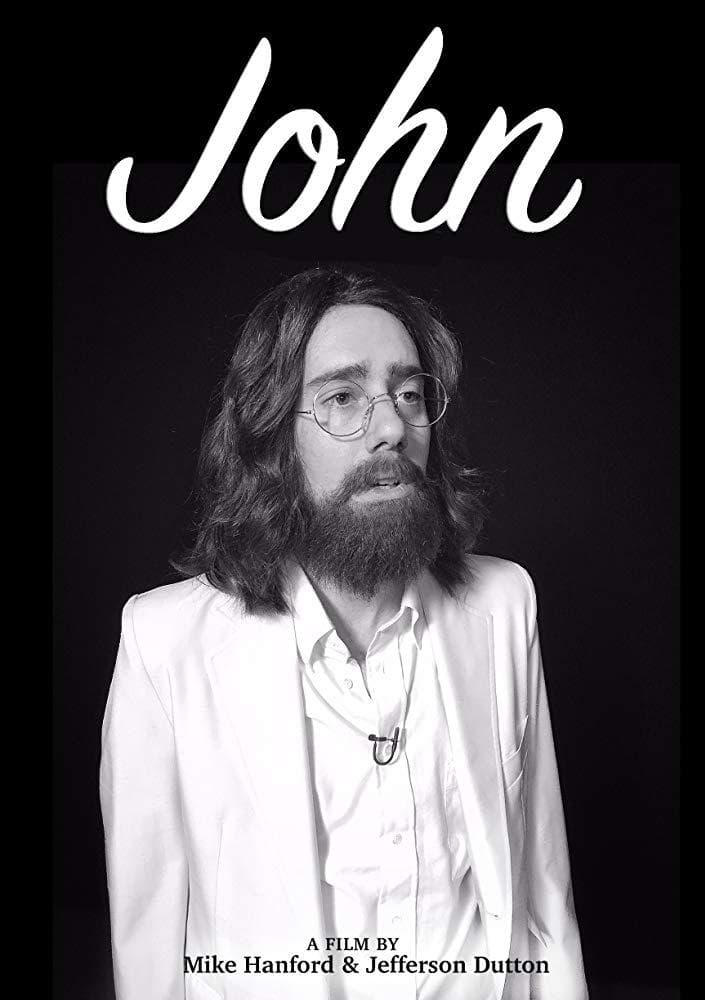The Dance
Apr 30 1901
•0h 2m
•First Hungarian film ever made. Considered lost.
Cast
See allNo cast information found.
Recommendations
See allUndressing Extraordinary
Here we present a picture that simply convulses an audience with laughter. The scene opens in the bedroom of a hotel. A traveler appears, evidently a "little worse for wear." After stretching and yawning, he proceeds to disrobe. He throws off his coat and vest, but to his surprise and anguish, he suddenly finds himself clothed in a continental uniform. He throws this off in anger, but immediately a policeman's costume flies on him. This is in turn thrown aside in great rage and he finds himself clothed in a soldier's uniform. At last, thinking himself successful, he makes for the bed and finds a skeleton complacently resting on his pillow. The bed suddenly disappears, leaving him seated on the floor, and great quantities of bed clothes rain down from the ceiling. The picture ends leaving the audience simply convulsed in laughter. (Edison Catalog)

Re-Elected
Friends battle former U.S. presidents when they come back from the dead as zombies on the Fourth of July.

John
A day in the life of John Lennon, alive and well in modern-day New York City. The former Beatle squabbles with a security guard, commiserates with his best friend over lunch, and upsets a bully.

What's New Scooby-Doo? Vol. 3: Halloween Boos and Clues
4 TV Episodes Spectacle!